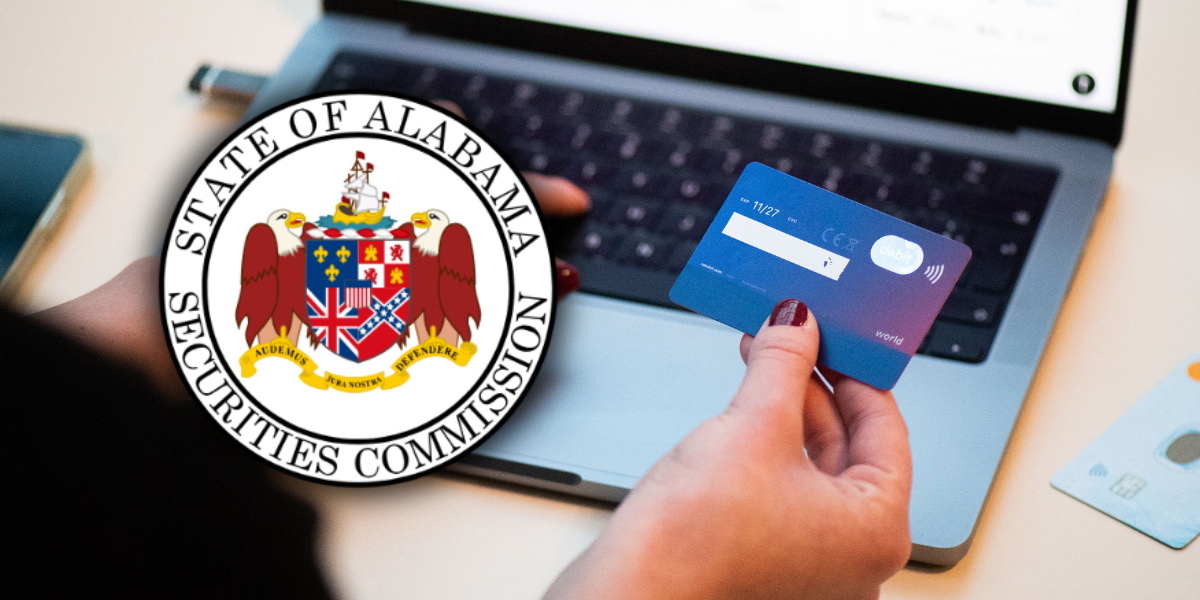The holiday season is a busy shopping time for many of us. With rising costs and long checkout lines, the internet is an easy and convenient way to compare prices and avoid the crowd.
Online shoppers, however, must exercise extreme caution when shopping online, as fraudsters are using artificial intelligence (A.I.) to create fraudulent websites, social media pages, and ads to attract holiday shoppers to their sites rather than legitimate sites.
The A.I.-generated content is becoming more believable, making it challenging to distinguish what is real from what is fake. The internet has become a superhighway for fraud, and scammers are just waiting to pounce.
Stay safe this holiday season and consider the following advice when shopping online:
- Never download an app to receive a discount for an online purchase. Fraudsters are designing apps to trick shoppers into installing malware to gain access to information stored on their electronic devices.
- Be sure to verify the websites of retailers and other online businesses. Fraudsters create fake websites to impersonate legitimate businesses like banks and big retailers, and they will often be listed as a “result” of an internet search. Check carefully, and if you’re not sure, bail out and look elsewhere. It is never, ever, worth taking a chance.
- Fraudsters will post items for sale at an extremely low price. If a deal on an item looks too good to be true, it often is. Go directly to the retailer’s website to purchase; don’t click an ad that directs you to a website.
- According to the Federal Trade Commission, imposter scams are the most reported fraud in the United States. You will likely be exposed to an imposter scam during this season. Amazon and postal services are some of the most commonly impersonated businesses. If you receive a text or email notifying you of delivery mishaps, never reply to the text or email. Instead, track your packages on Amazon or on the postal service’s website or app.
- Only use verified payment methods provided by the seller. All bill issuers and legitimate organizations will list their accepted payment methods on their website and/or on the electronic or physical bill. Be extremely cautious when a vendor or individual requests payment through a nontraditional method, such as a crypto ATM, cryptocurrency, or a gift card.
- Never provide passwords, personal, or financial information to strangers who contact you via phone, email, text, or social media.
- Routinely check your bank and credit card statements and your credit report to ensure no unauthorized transactions have occurred. You can access your credit reports weekly from all three credit bureaus at no cost by visiting www.annualcreditreport.com.
“If something appears too good to be true, it is,” said Alabama Securities Commission (ASC) Director Amanda Senn.
“Online shopping saves us a lot of time, but recovering from fraud and identity theft is extremely difficult and often devastating. Bad actors are out there and are waiting to steal everything you have worked so hard to earn. Be careful, be vigilant, and don’t become the next victim.”
The Education and Public Affairs team developed a video depicting an example of one of the cases involving a holiday shopping scam. You can view the short video by clicking here.
The ASC urges Alabamians to remain vigilant this holiday season.
If you are suspicious of possible financial fraud or would like to request fraud prevention or financial literacy training for your group, call the ASC at 1-800-222-1253. Contact the ASC to report suspected fraud. Free investor education and fraud prevention materials are available at www.asc.alabama.gov.













